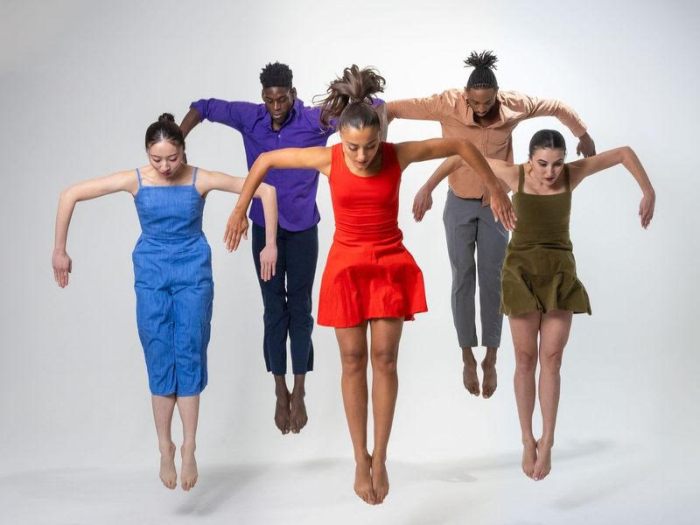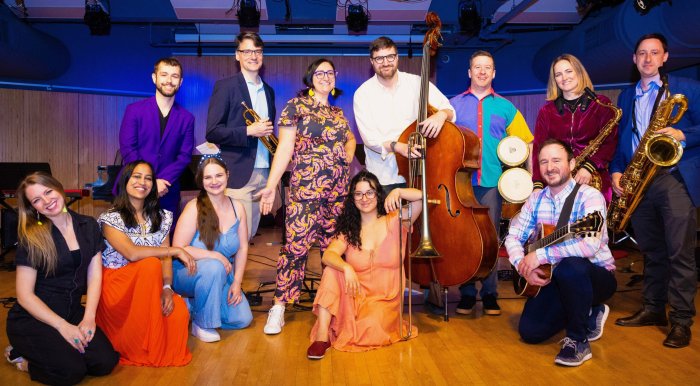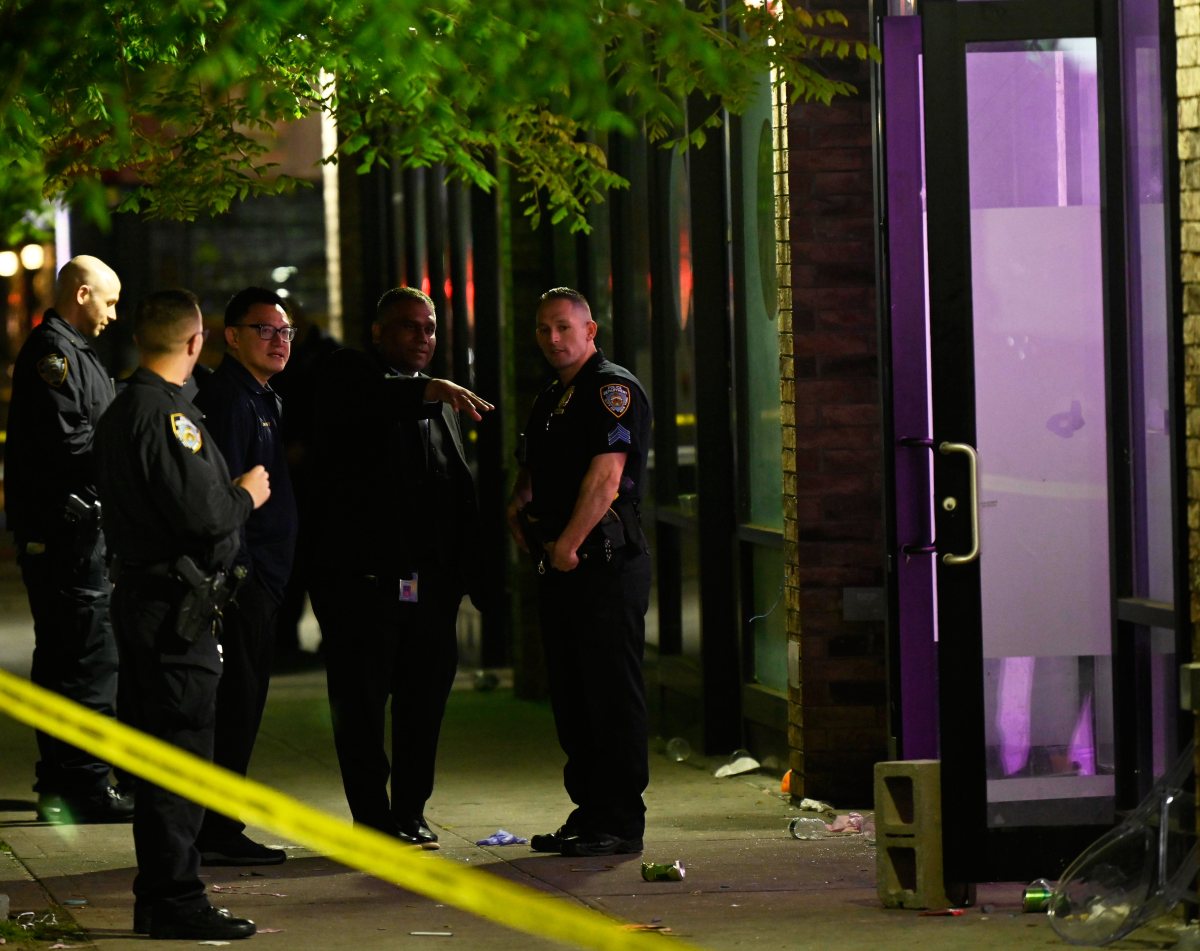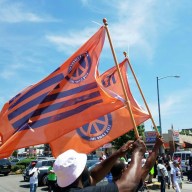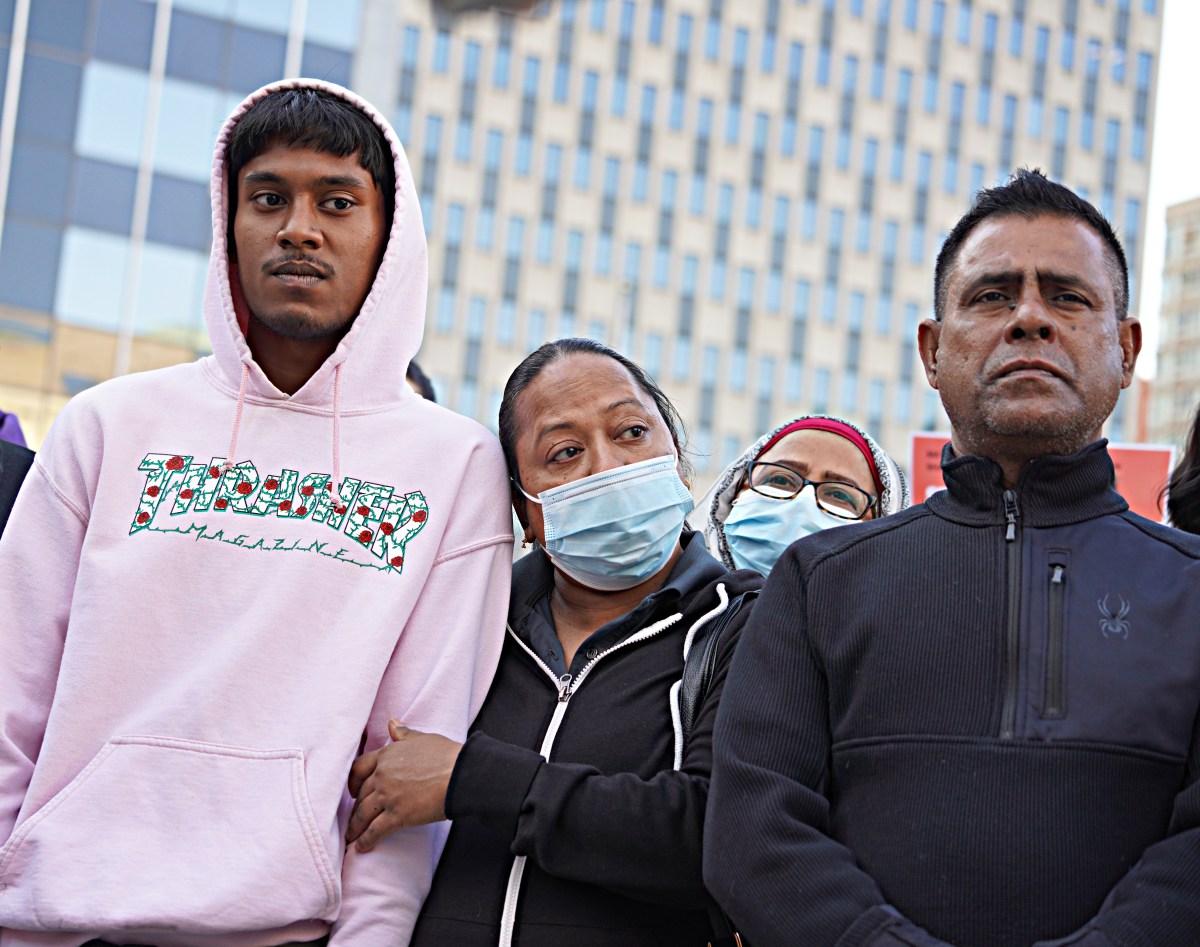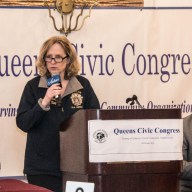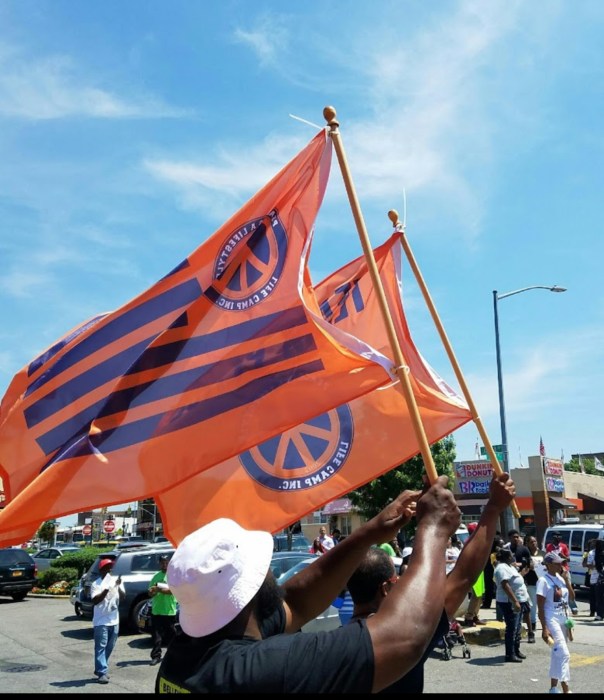A new immigration law signed by President…
By Jennifer Warren
They came from Thailand, from Bangladesh, from Indonesia. And on Sunday afternoon they crowded into the basement of the Queens Flushing Library with the hopes that their far-away family would soon join them.
A new immigration law signed by President Clinton in December is streamlining, for a limited time, the often cumbersome green card process for some eligible applicants.
But as immigration lawyer Jas Sahini of the South Asian Action and Advocacy Collective warned his library audience, “it’s not general amnesty. It’s only limited protection.”
The bill, called 245 (i), provides a four-month period between Dec. 21, 2000 and April 30, 2001 during which illegal immigrants who were in the country on Dec. 21, can file for a “change of status” within the United States. Previously, the paperwork had to be filed from the U.S. consulates in their homelands.
The provision which has received the support of several New York Democratic elected officials, including U.S. Sen. Hillary Clinton, is expected to ease immigration headaches for many legal and illegal residents. However, members of the Asian American Legal Defense and Education Fund warn that it is not for everybody.
“In some instances, the Immigration and Naturalization Service may detain and deport persons who qualify for 245 (i). Persons leaving the United States, even if to process their visas, may find that the INS has barred them from re-entering the United States for three to 10 years,” the fund said.
Their cautions were not lost on the 50 or so Queens residents brimming with questions and concerns at the meeting.
The workshop began with Sahini asking two questions: How many in the audience possessed a green card or were a U.S. resident? About half the room raised their hands. His second question: How many do not possess a green card? The other half of the attendants silently raised their hands.
It was the last quiet moment of the afternoon. From then on voices overlapped as people rushed their individual scenarios before Sahini for advice.
Manik, a 37-year-old computer engineer who has lived in Astoria for a year, inquired about the status of his bride of two months, Akther, who was in Bangladesh waiting to join him.
He left the room convinced that the new provision would expedite his bride’s passage to Queens.
“This is very good. It is a help,” he said of the law. “They are very stiff about immigrant people, but now they help her to come here.”
To contact the Asian American Legal Defense and Education Fund call: (212) 966-5932. To contact the South Asian Action and Advocacy Collective call Jas Sahini at (212) 837-7802.
Reach reporter Jennifer Warren by e-mail at Timesledgr@aol.com or call 229-0300, Ext. 155.



